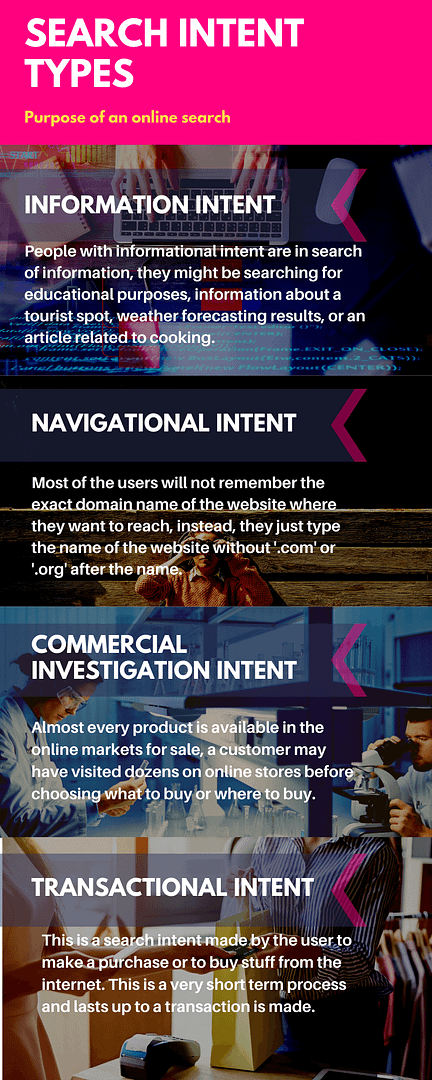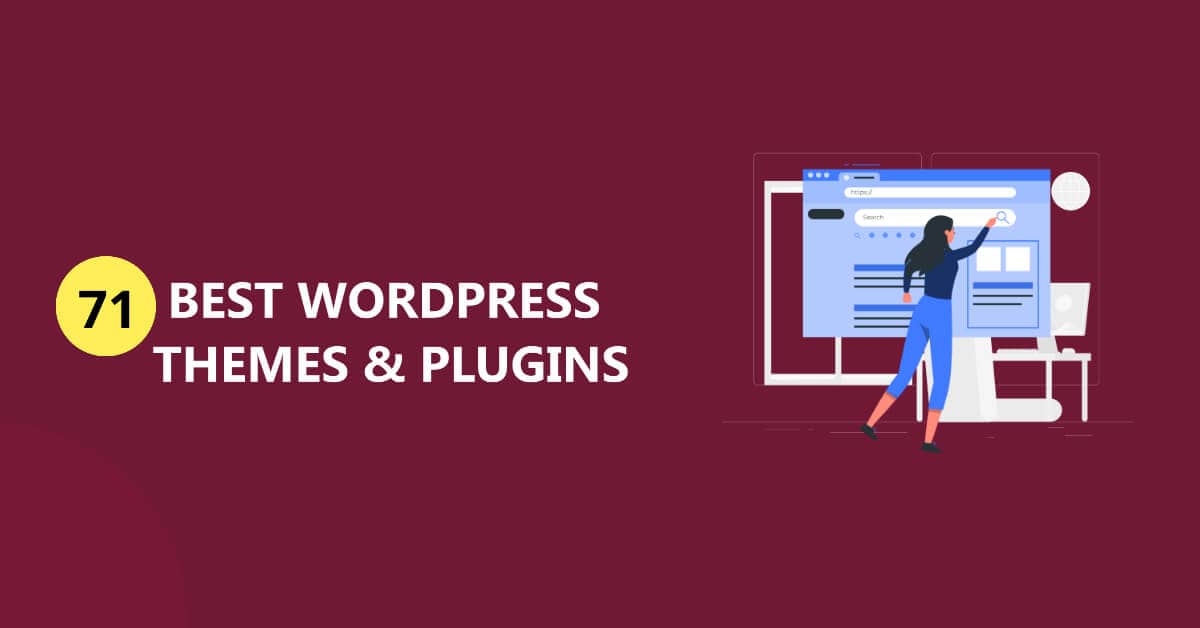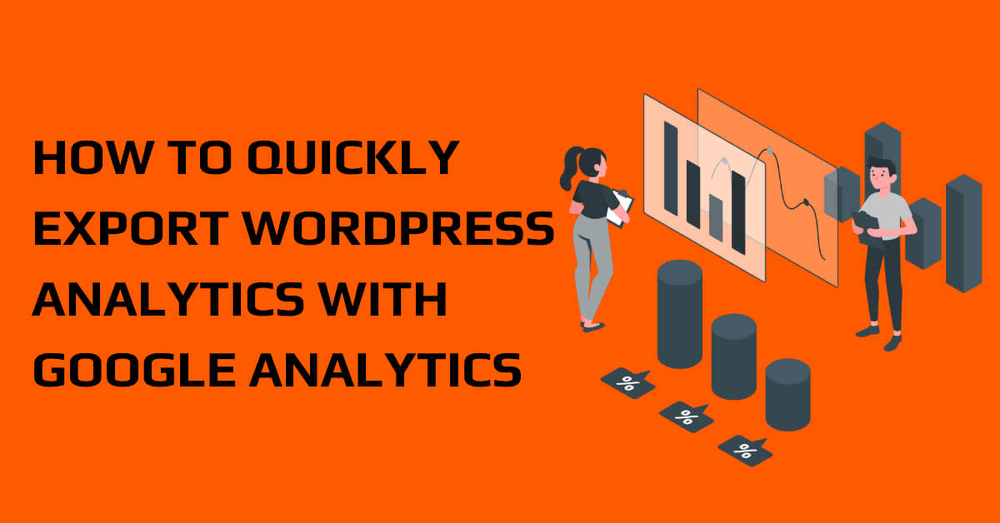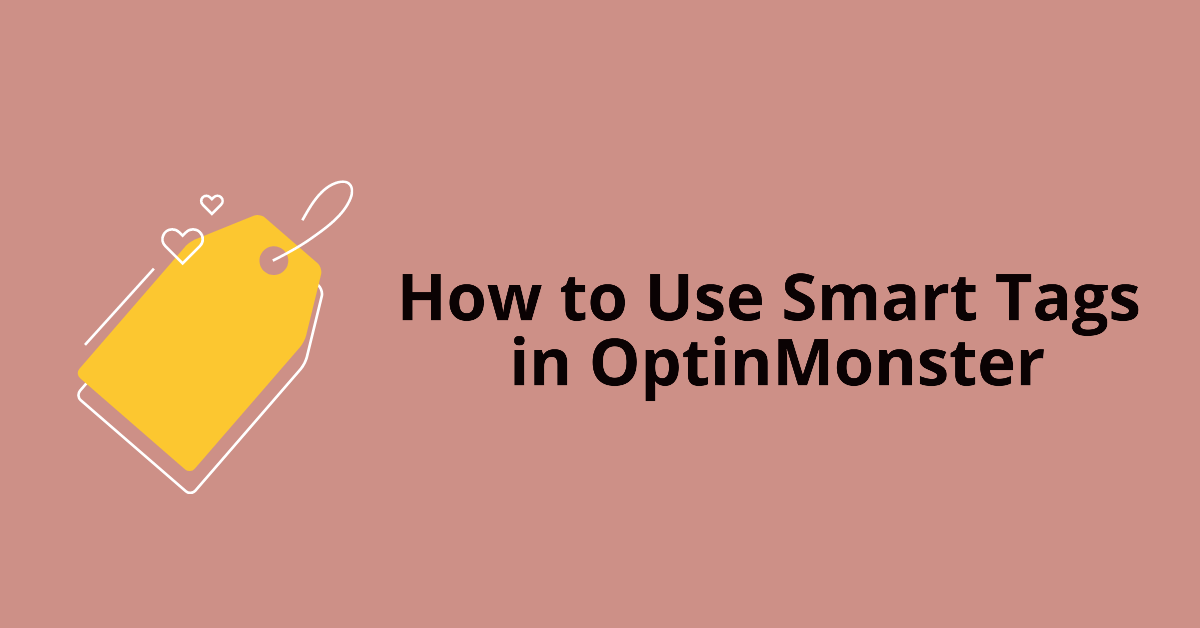What is Search Intent?
Search intent is the ‘why’ behind every search. Search intent (or audience intent, user intent) is the purpose of an online search, it is the very basic reason why a user searches for specific content on the internet.
Search intent plays an important role in keeping your page displayed over the other pages of similar interests. Showing your page on the top of the search engine results is what we call as SEO. So search intent and SEO are closely related to each other, we call it as search intent SEO optimization.
Search engines like Google are always updating their strategies for showing the pages from the entire web in their search results. Search intent is also a major consideration for the search engines to pick your web page and show up in their search results. Search engines consider the search intent because they never want to upset their users with improper or insignificant search results.
Search engines always try to provide the most relevant search results for their users, so search engines always consider the search intent as one of the major reasons for showing up the pages. So, if you want to rank good in the Google search results then you should align your content with the most relevant topics that the user is intended to search. That is what we say aligning the content with the search intent. The search intent classification can be of four types.
Search Intent Types
The ultimate intention of a user can be of four types it could be searching for information or maybe looking for a website or trying to buy an item online or maybe surfing the internet for researching about an item that they are planning to buy in the future, so search intent is of different types based on the user interest.

1) Informational Intent
People with informational intent are in search of information, they might be searching for educational purposes, information about a tourist spot, weather forecasting results, or an article related to cooking. The search engine must be aware of the intention behind any search which is related to information intent. If a user is searching for biryani, then the search engine must get it in the right sense that the user is searching for the biryani recipe or the user is planning to buy Biryani online.
To make the intention clear the user might have added the keyword ‘Biryani recipe’ or Biryani making’ to show the information related to cooking biryani, else the search results might have more preference for the online Biryani ordering websites. So, if your content is related to informational intent then you should add suitable keywords in your articles to get the proper positioning in the search results.
2) Navigational Intent
Most of the users will not remember the exact domain name of the website where they want to reach, instead, they just type the name of the website without ‘.com’ or ‘.org’ after the name. In such cases, they should end up the right place where they want to reach. Here the intention behind the search is to reach a website without typing the complete web address.
Suppose you want to reach the signup page of Gmail without typing gmail.com and then navigation the signup page, then you just type the keyword ‘create Gmail’ or ‘make Gmail’ you will land on the signup page of Gmail without typing the complete web address. Being a search engine Google should know the keywords that could choose the landing pages and your website should contain the keywords that Google is looking for to land on your page.
3) Commercial Investigation Intent.
Almost every product is available in the online markets for sale, a customer may have visited dozens on online stores before choosing what to buy or where to buy. The process in which a customer is involved before buying a product is called investigation or research. The user may search for comparisons, reviews, or new launches in the category. The commercial investigation may be short term or long term depends upon a buying decision is made by the customer.
4) Transactional Intent.
This is a search intent made by the user to make a purchase or to buy stuff from the internet. This is a very short term process and lasts up to a transaction is made. This kind of transactional intent may have keywords like ‘buy’ or ‘buy online’ or ‘deal’ and ‘product name’ to target an online shopping site.
How to optimize with search intent?
Your landing pages must be optimized to the user intent to make the user comfortable with your website. If your audience is looking for purchasing, they show them a product list. Don’t let your audience read a lot of stories or information about the how and why of the product. Similarly, all the search intent must be taken care of. Landing them to the appropriate landing pages depending on the keywords will keep your existing audience and also drive more audience to your pages.





